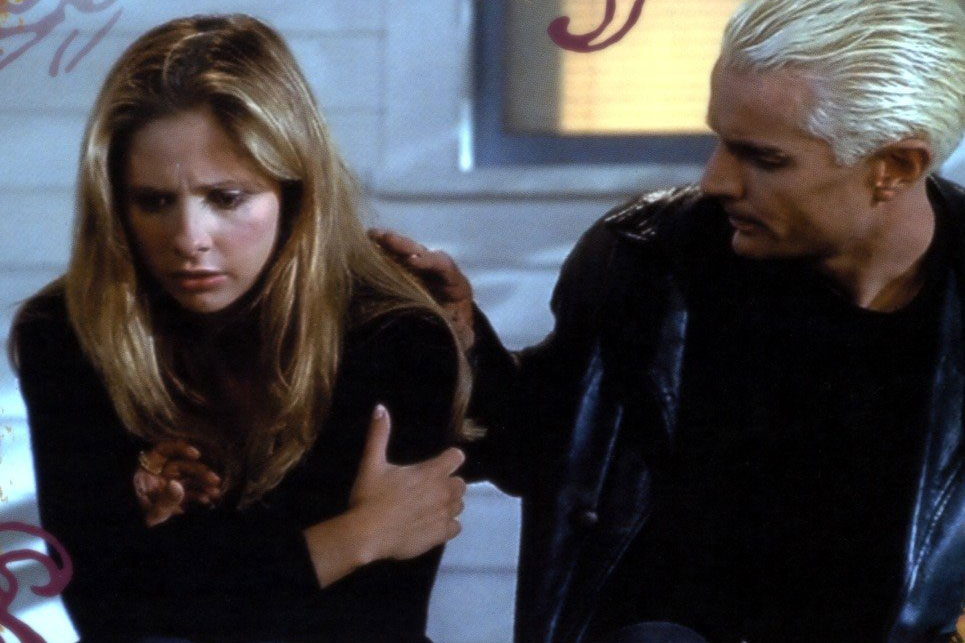
In these fractious times it’s tempting to climb back into the cave, turn on the device of your choice, and let the Great Spin roll for a few turns. I need to sit this dance out.
I could say I’m just getting too old for this, the clash of ideas and the roar of emotions. But I don’t think it’s that. It’s the grim clang of broadswords ringing in the cold November air while the blood of the fallen is still flowing. Kind of takes the stuffing out of me.
When I was young and I first realized that very, very few humans are granted that happily ever after lifestyle that seems like a promise in all too many books written for young impressionable minds, I felt betrayed. Really. Everywhere I looked in the world I saw terrible things happening and nobody rushing in to save the day, unless you count John Wayne in all those movies. But even as a child I figured out that real life and movies were two different things.
These days the line between reality and fiction seems paper-thin. However, I do not despair. If we are indeed approaching some sort of end-game scenario, it’s not the first time. Apocalypses recur.
I learned this from Buffy the Vampire Slayer.
Go ahead, sneer if you must. But trust me, I didn’t jump on the vampire bandwagon for the fangs and the gore. I didn’t even start watching the show until it went into reruns. At that point in my life my mother had just died and my children had all left home. I was alone with my thoughts a lot. I happened on the show one afternoon, and suddenly I saw it as a metaphor for the human struggle to grow up and survive in a world where monsters come in all flavors and the end of the world is always just around the corner.
What made the show great was its irrepressible tone of optimism and the undercurrent of compassion for humanity’s many weaknesses. The original premise upended the usual horror trope of the beautiful helpless female victim. Buffy Summers kicked ass. As a heroine, Buffy was not infallible, but she always bounced back, and often with a quip. The humor was what really sold me on the show. Yeah, there was romance, and sweetness, and lighter episodes to leaven the darker themes, but as the seasons went on, the show began to deal with real-life issues that resonated with me, in particular, (spoiler alert) in the season when Buffy’s mother dies. It doesn’t matter whether you’re young or old when it happens. When your mother dies, your world breaks apart for a while.
I credit Joss Whedon, the creator and driving force behind the show, with producing a story that not only entertains, but illustrates the way humans can work together to overcome their fears and learn to help one another to get through tough times.
I love this world. I don’t know if humanity has the sense and sensibility to keep it together for another millennium. But I’m rooting for the righteous babes to prevail and save us all.












